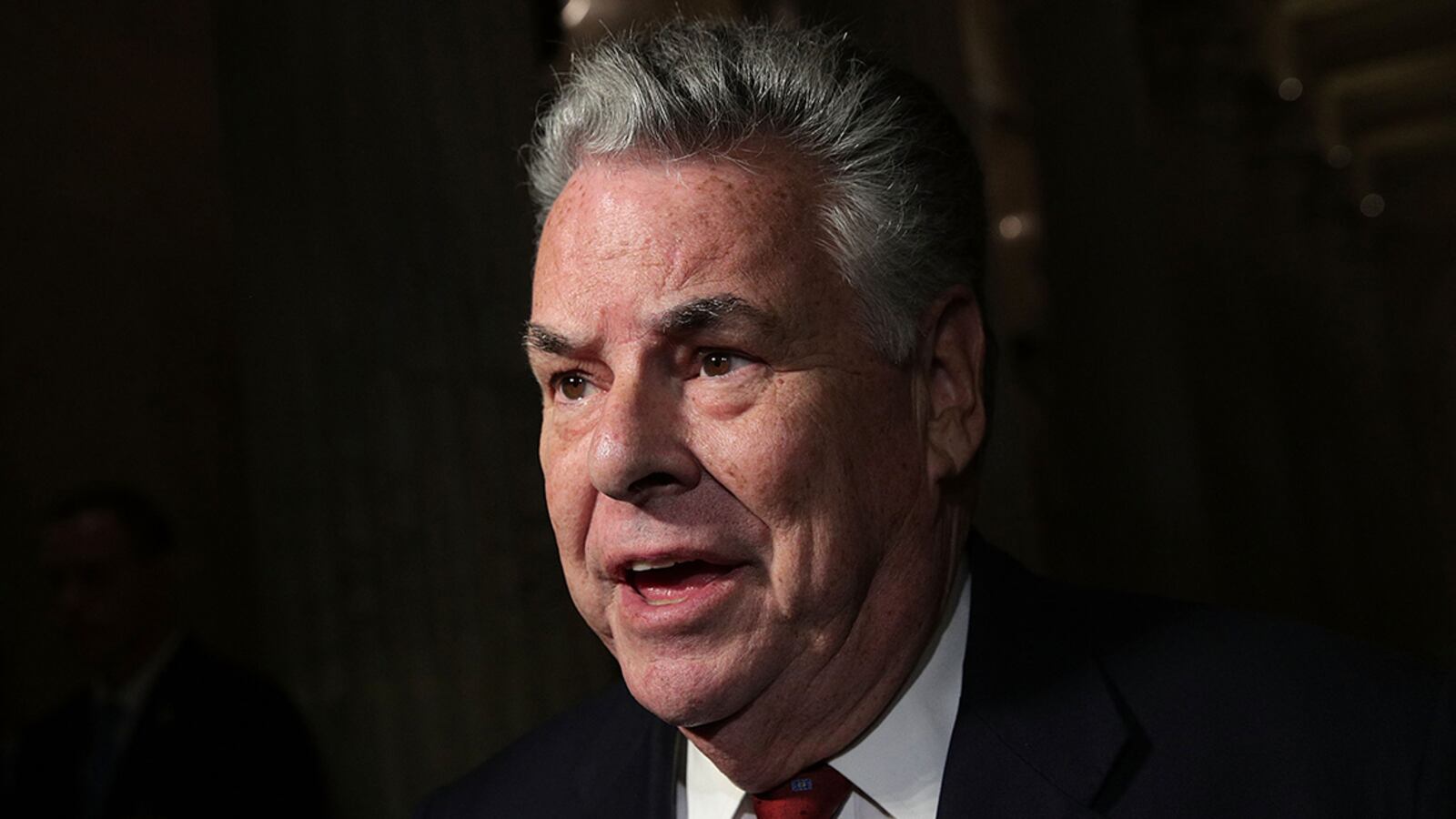When House Intelligence Chairman Adam Schiff gavels to order the first impeachment hearing of a president in 21 years on Wednesday morning, it will not be his first rodeo. A decade ago, he led the impeachment process in the House and the prosecution in the Senate of two federal judges.
One was convicted and removed from office, and the other resigned before the Senate trial concluded. Only 15 federal judges have been impeached over the course of U.S. history, so midwifing two successful removals is significant.
“I have a lot of confidence in Schiff, who knows the process as almost nobody else on the Hill,” says Jack Pitney, a professor of politics at Claremont McKenna College. “The Democrats will be fairly focused and direct while the Republicans shout, ‘Hunter Biden, Hunter Biden, Hunter Biden.”
Pitney points out that Rep. Jim Jordan, a Freedom Party stalwart added to the Intelligence committee in time for tomorrow’s hearing, couldn’t get a security clearance if he weren’t a member of Congress. Jordan is named in a lawsuit filed against Ohio State University for his alleged role in ignoring complaints of sexual assault when he was an assistant wrestling coach at OSU from 1986 to 1994.
The challenge for the Democrats is to move beyond “quid pro quo,” and bring the case they’re building against the president back to bribery, which is in the Constitution as an impeachable offense. “It’s not about whether there is a ‘quid pro quo,’ though there was,” says Michael Waldman, president of the Brennan Center for Justice. “This was a shakedown for personal and political gain.”
Bribery and extortion are words people know, and It’s important after three years of Trump undermining the rule of law—paying hush money to women, ridiculing the emoluments clause in the Constitution as “phony,” stonewalling subpoenas, downplaying Rudy Giuliani’s failure to register as a foreign lobbyist, and having his lawyer argue that he can’t even be investigated for criminal behavior should he shoot someone on Fifth Avenue—that a bright line get drawn, beyond which this president and any subsequent president cannot stray.
“Eroding respect for the rule of law is one of the worst things Trump has done, over and above the specific crimes he has committed,” Pitney told the Daily Beast. He adds to the list Kellyanne Conway’s infamous “blah blah blah” response when she was caught violating the Hatch Act, which prohibits political appointees in the White House from engaging in some blatant forms of campaign activity.
“This is a guy who has literally said that Article 2 of the Constitution allows him to do whatever he wants,” says Pitney, whose forthcoming book is titled The Un-American: The Fake Patriotism of Donald J. Trump.
A Republican staffer on Capitol Hill before joining academia, Pitney writes from a conservative perspective in assessing Trump’s behavior. “It’s hard to think of any other president who has so directly contradicted the intention of the Founders. We look to the president to preserve and protect the Constitution, and he is undermining and corroding it.”
New York Rep. Peter King’s announcement that he will retire sent a strong signal about the danger that Republicans see approaching in 2020. King is a fixture on Capitol Hill, having served almost 27 years, and he is the 19th Republican to call it quits.
An Irish Republican with the gift of gab, he won his Long Island district by 6 points in 2018, his smallest margin since his first race, and he’s watching once reliably Republican Long Island take a sharp turn toward the Democrats. He wouldn’t admit it publicly, but many of this season’s retirees are wary that Trump would have been a drag on them next November.
And getting out now avoids being tied on the ballot to a president who could end up disgraced in the history books. Republicans have had to make this deal with the devil for the policies they like—tax cuts and conservative judges, and to stay in power—but it comes with a cost.
The party that championed the rule of law when Bill Clinton was caught lying about sex, has forfeited any legitimate claim to the laws that are supposed to govern the conduct of the executive branch. “They pay lip service to the rule of law but there is no evidence they truly respect it, or pay attention to the Constitution,” says Matt Dallek, a political historian at the George Washington Graduate School of Political Management.
He expects the hearings will be compelling, but unlikely to change Republican behavior. “This is the tradeoff they have made. They may wish he were more ethical or less corrupt, but even the ones who know better, they’ve made their calculation.” And they’re sticking with Trump.






